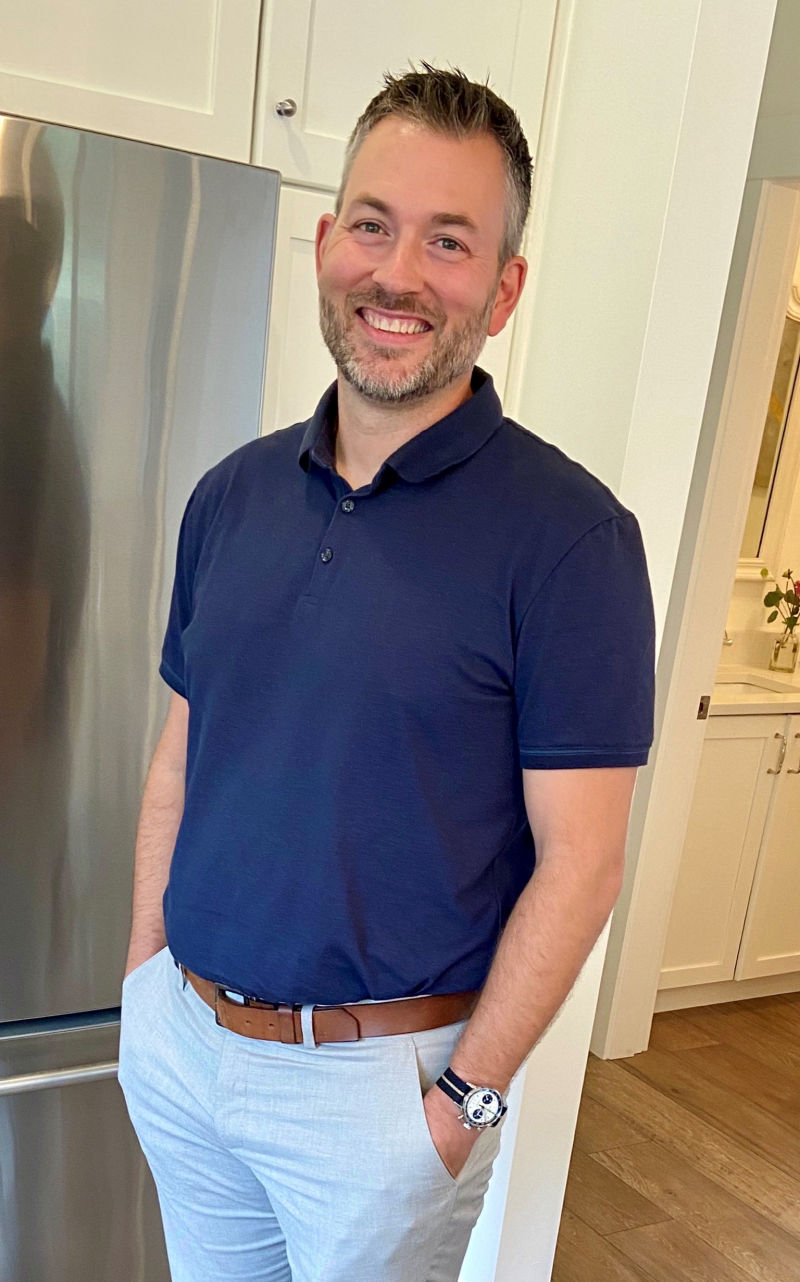Were you passed over for a job but don’t know why?
Often, when we leave an interview and receive the dreaded email that we didn’t get the job and the position was offered to another candidate, we assume it’s because of our qualifications. We might believe that the other candidate with the perfect qualifications took home the win.
Well… what if I told you that your qualifications might have had nothing to do with why you didn’t get the job? In fact, your qualifications may be just fine. Instead, you may be guilty of having poor job interview etiquette, causing you to lose any chance of landing that job before you even left the interview room.
Don’t worry! It’s fixable. We’ve talked to many hiring managers over the years about the real reasons good people don’t get the jobs they apply for and came up with the following list.
1.) Poor Personal Appearance
There’s truth to the expression “Dress to impress.” When you are well-groomed, with attire that is professional and respectful, it shows that you care and take the interview opportunity seriously. Pay attention to how you smell and avoid smoking before you go into the interview and avoid heavy perfumes and colognes.
Click HERE to read How to Dress for a Job Interview: 5 Tips for Women or HERE for 5 Tips for Men on How to Dress for an Interview.
2.) Too Aggressive
The last thing you want is to come across as desperate for the job. It’s good to be enthusiastic about the role, but watch that fine line: you want to play it cool, but not too cool. Be confident, but not cocky. Don’t come on too strong about salary or how much you want to be paid. Instead, express interest in the job and the strengths you would apply to it before asking how much you would make/should make. The interviewer should bring up a conversation about salary. You don’t want the employer to think you are just applying for the paycheck.
3.) Unable to Express Self Clearly
It’s natural to feel nervous, stressed, and under-confident in an interview, causing you to mumble, speak too quickly, avoid eye contact, and more. To enhance your communication skills, and appear more confident, try these tricks:
- Change the pitch of your voice to keep the interviewer’s interest, especially when making or emphasizing a new point.
- Pause to gather your thoughts before answering a question or during an answer to allow the interviewer to absorb what you have said. Reflect the question in your response to allow for a few seconds to gather your thoughts. Pausing can also help when you’re feeling panicked or on the spot. This is a great time to breathe, as well.
- Be an active listener by taking the time to comprehend and be interested in what is said. This will keep you focused, calm, and in the present.
- A nervous jaw can result in words sounding mumbled. To help prevent this, try yawning, massaging the hinges of your jaw, stretching your face, and “over” opening your mouth, pre-interview, of course.
- Don’t forget to make eye contact with your interviewer(s) throughout the interview process. This will create a non-verbal connection between you and them, inspire their trust in you, and convey your confidence and people skills.
- Work at mastering your fidgety habits (table tapping, hair twirling, and leg shaking) and do a few mock interviews with a colleague, friend, or industry leader who can point out how you fidget, allowing you to practice controlling it.
4.) Poor Interest and Enthusiasm
A hiring manager wants to sit across from a candidate that wants to be there, who believes in the company, and in the role. If you aren’t, and you don’t, faking it will make matters worse. Employers can quickly tell when you lack passion for the position.
5.) No Career Planning, No Goals
If you can’t answer the question, “What are your long-term career goals?” you’re in trouble. Instead, prepare your answer ahead of time, including relevant aspirations, a plan for achieving them, how you can benefit the company with your goals, your achievements to date towards those goals, and how your professional experience supports those goals.
6.) Speaks Ill of Former Employers
We all have employers that we absolutely can’t stand but during an interview isn’t the time or place to speak poorly of them. It will never make you look good as a candidate. Instead, if asked about the said past employer:
- Mention your accomplishments with them rather than conflicts.
- Talk about fit or lack, therefore rather than attacking how terrible they were to work for.
- Talk about what you learned from the experience.
- Paint a bad management experience in a good light.
- Share stories about the challenges you faced and overcame with that employer, including problems you solved.
7.) Late Arrival for Interview
Whether you’re two minutes or 20 minutes late for an interview, it’s likely going to leave a wrong impression. Instead, you always want to be early, 15 minutes if possible. If you know in advance that you might be unavoidably late, call the hiring manager to let them know, and ask whether that will still work with their schedule. A heads up call will show that you are respectful of that person’s time. When you eventually arrive, apologize but don’t overdo it, keeping things positive but then moving on (i.e. “I’m sorry. This is not ordinarily how I conduct myself.).
8.) Did Not Show Appreciation for Interviewer’s Time
Not only should you verbally thank an interviewer for their time at the closing of an interview, sending a simple thank-you note to your interviewer afterward will show your dedication to the position and eagerness to receive an offer. It also provides you with another opportunity to clarify any details you may have missed or any questions you forgot to ask.
9.) Asked No Questions about the Company
“Do you have any questions?”
The answer to this common closing interview question should never be “No.” Saying “Yes, I do…” reaffirms your interest in the job and allows you to stand out from other contenders who may not have anything to ask. You can ask questions about the job (What does a typical day in this job look like?), about the company (Why do you enjoy working here), about your qualifications (Do you have any concerns about my skill set), or about the next steps (What are the next steps in the hiring process?).
Don’t let one of these easy to fix reasons get in the way of getting the job of your dreams!
For more information and for help landing your next interview, be sure to ask us about our Interview Preparation Services. Whether your interview skills are rusty, it’s not something you enjoy, or for reasons you’re unaware of why your interviews are not landing you the job, we can help with our professional interview preparation services.
Follow Langley Writing Services on social. Like and follow us on Facebook, LinkedIn, and Instagram, and learn more about getting your cover letter and resume in front of the person who is hiring for the job you want. We offer other professional writing services too! Stay up to date by bookmarking the blog also! Your message, done write!







